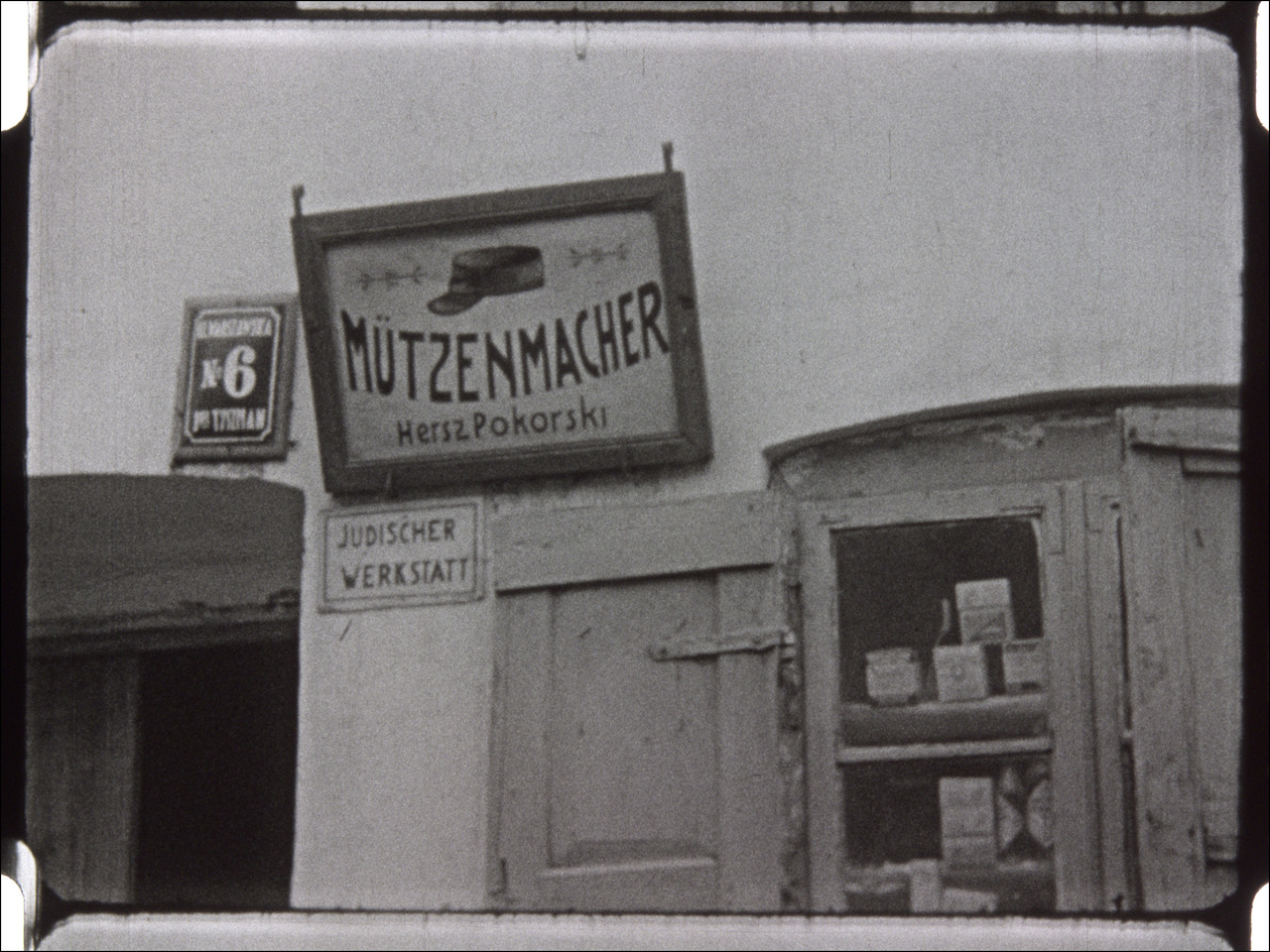Holocaust-related archival films, such as propaganda films, amateur films, and documentary or allegedly documentary films, provide a unique insight into pre-war Jewish life, the fate of the Jews during the Second World War and to some extent, their experience during its aftermath. When working with a filmed document, an archivist or a researcher should ask basic questions: Where and when was the film taken? Why was it filmed? Who was the film maker? Who initiated the filming? Was it ever screened? If so, what was its audience? Can we identify people who appear in the films? Comprehensive research is essential in determining the motivation and ideology of the person behind the camera, identifying places and events, creating the geographical frame, and, in some instances, even identifying situations and people. The more information available on a film, the greater its importance as a historical document. German soldiers went to the front and took cameras with them. The presentation will focus on the case of such German soldiers who filmed in Poland with their private cameras during the war. They filmed for various reasons and motivations, but they all left invaluable documentation of the fate of Jews during the Holocaust. I will present a few selected films and analyse them according to the specific questions mentioned above, demonstrating various methods in researching those films applied by the Yad Vashem archive and the questions that remain open.
H2020 “Visual History of the Holocaust”. Research Seminar 2021–2022:
As part of the Horizon 2020 project “Visual History of the Holocaust”, this seminar focuses on film documents created by Soviet filmmakers during the liberation of Nazi-occupied territories. The history of the Holocaust in Eastern Europe, the literature on mass violence, and the history of still and moving images serve to contextualize this little-known corpus of Soviet film images documenting Nazi crimes. Participants are invited to examine the period from 1941 to 1947, and thus to consider the different phases in which the identity of the victims was explicitly discussed or ignored. The seminar aims to engage in a dialog about the visual traces of Nazi atrocities in Central and Eastern Europe and the USSR. The Research Seminar 2021–2022 is hosted by CERCEC and coordinated by Valérie Pozner and Irina Tcherneva.
Registration:
For participation please register by sending an email (Subject: VHH Research Seminar Registration) to Irina Tcherneva (irina.tcherneva@palimpsestes.net).
Upcoming Sessions:
Thursday, January 13, 2022, 16:00–18:00 CET
Vanessa Voisin (University of Bologna): “Soviet Footage of War Crimes, between Propaganda and Judicial Evidence, 1941–1946”
Thursday, March 24, 2022, 16:00–18:00 CET – postponed
Janina Struk (Independent Scholar): “Resistance: Securing the Photographic Evidence in Nazi Occupied Poland”
Thursday, April 28, 2022, 16:00–18:00 CET
Clara Royer (Sorbonne University): “Between Fiction and History: Ethical Questions during the Archival Research for the Film Project”
Thursday, June 9, 2022, 16:00–18:00 CET
Christophe Cognet (film director, screenwriter, author of the book Éclats. Prises de vue clandestines des camps nazis and of the documentary film À pas aveugles): “By filming, by writing. Photographic testimonies of the Nazi camps”
Thursday, June 16, 2022, 16:00–18:00 CET
Thomas Chopard (CERCEC): “Writing the history of the Holocaust and of mass-violence in Nazi-occupied Kharkov”

